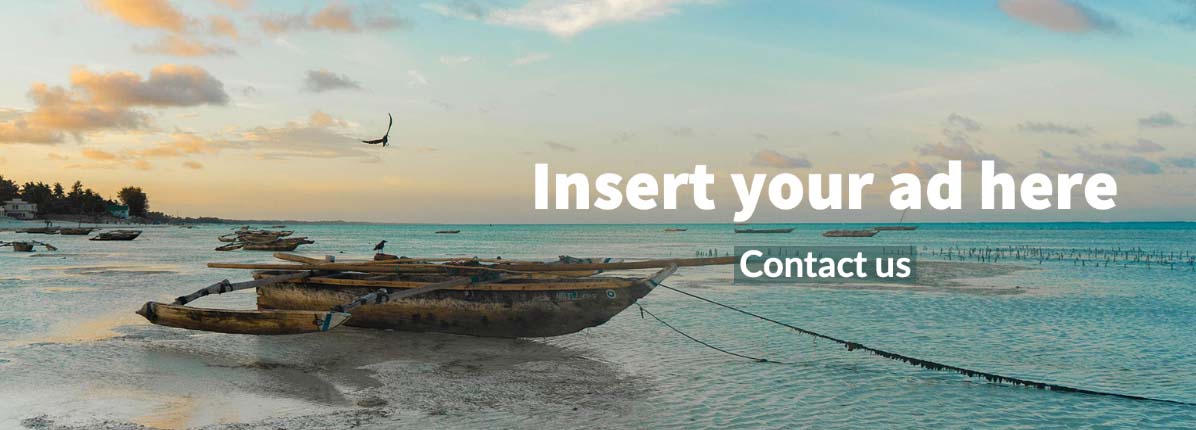Travelling to Rwanda? Here’s what you need to know about the country before heading off.
Location
Rwanda is a country in East Africa that shares borders with Congo, Uganda, Tanzania, and Burundi. Rwanda has been independent from Belgium since 1962.
Capital
The capital of Rwanda is Kigali. Other cities in Rwanda are Butare, Gitarama, Ruhengeri, and Gisenyi.
Geography
The landscape of Rwanda is characterized by many mountains, tropical rainforests, and even volcanoes. The country is smaller than Belgium or Albania, but slightly larger than Belize or Israel. If you drive through Rwanda, you’ll notice the beautiful green fields and tea plantations nestled in the valleys between the mountains.
Population
Rwanda has 12 million inhabitants and a turbulent history. In the civil war of 1994, many Tutsis and moderate Hutus were murdered. The war was immortalized on film 10 years later with the movie ‘Hotel Rwanda’. The country is currently stable and even an example for the region. The ethnic population of Rwanda consists of 85% Hutus, 14% Tutsis and 1% Twa (the oldest inhabitants).
Language
The official languages of Rwanda are French, English, Kinyarwanda and Swahili.
Religion
The population is predominantly Christian. 57% of the inhabitants is Roman Catholic. 37% is Protestant, and 5% is Muslim.
Money
The currency for Rwanda is the Rwandan franc (RWF). Prices in Rwanda are much lower than in western countries, especially restaurants. In Rwanda it is customary to give a tip of about 10%.
Climate
Rwanda has a tropical climate. The temperatures are around 25 degrees Celcius (77℉) all year round.
When to go
January, July, August and September are the best months to travel to Rwanda. Rwanda has rainy seasons from March to May and between October and December. To be able to enjoy your trip dry, you leave between July and September or you travel in January.
Sights
Rwanda has a unique nature. Seven volcanoes together form the Virunga chain in the Volcanos National Park. The mountain gorilla lives there in the wild in a breathtaking environment. Despite its relatively small size, Rwanda has many national parks. There are 240 species of trees and 140 species of orchids in the Nyungwe National Park. Akagera National Park in the east of the country lies around the river Akagera, which separates Rwanda from Tanzania. In this national park you’re no longer in the green valleys of Rwanda but in the heart of the savannah.
During a safari there you can come across buffaloes, giraffes, hippos, leopards, zebras, tigers and antelopes. It’s also an excellent vacation spot for bird spotters because Rwanda has 500 (!) different species flying about.
The colorful Kimironko Market in Kigali is a vibrant market in the heart of Rwanda where locals buy their clothes, shoes, vegetables, fruit and banana beer. For a moment of quiet, you can visit the memorial site of the genocide in 1994 and the Hotel des Milles Colonnes (‘Hotel Rwanda’).
Time zone
Rwanda has the same time zone as Egypt, Turkey, Ukraine and Finland, namely GMT+2. During the summer most countries on the western European mainland adopt this timezone because of daylight savings time. Rwanda has no daylight savings time.
Visa
As from 1 January 2018, citizens of all countries are allowed to get a visa upon arrival without prior application. The visa is valid for 90 days after it’s provided. If you wish, you can also apply for a visa in advance. Processing times for the visa application can vary, but usually, it takes less than a week. You need a passport that is valid for at least another 6 months at the moment of arrival in Rwanda. An e-visa can be applied for on the website of the Republic of Rwanda. Some countries can use the services of the CIBT for a quicker and easier proces. It is also possible to purchase The East African Tourist Visa which is also valid in Uganda and Kenya.
Transport
Cars drive on the right side of the road in Rwanda. An International Drivers Permit (IDP) is required for driving and renting a car or motorcycle. An IDP is usually only available in your home country. When in capital Kigali it’s easy to get around by motor taxi.
Plastic
Use reusable bags like cotton bags or paper bags in your luggage, because plastic bags are prohibited in Rwanda. Rwanda wants to be the first country on earth to become completely plastic-free and is committed to clean and sustainable solutions. A plastic garbage bag for laundry in your suitcase may be confiscated at customs when you first arrive in Rwanda.
Health
It’s mandatory to have a cholera stamp in your passport, or you won’t be able to enter Rwanda. (This is an indication for border control that there is no reason to assume you came into contact with cholera.) Vaccinations are not mandatory, but some are strongly recommended. Visit your GP or local health institute for a vaccination consult well before your trip. Depending on your health, the area you’re visiting and the season, you might need to be vaccinated against DTP (Diphtheria, Tetanus and Polio), Yellow Fever and Hepatitis A, as well as BMR (Mumps, Measles, Red dogs), Hepatitis B, Tubercolosis, Meningitis, Rabies, schistosomiasis and virusses carried by mosquitoes such as the zika virus. Malaria occurs in Rwanda. Ask your doctor how you can best protect your health.
Safety
It is not recommended to drink water from the tap. If you can’t buy water in bottles, you should use a method to purify water like with tablets or you can boil the water for 5 minutes. You also need to use filtered or bottled water when you’re brushing your teeth, changing lenses or rinsing vegetables.
There is no general emergency number in Rwanda. For the police you need to dial 999, the fire brigade can be reached with number 112 and you need local numbers for ambulances. You can save the number for a local ambulance in your phone after you arrive at your destination. Rwanda today is a safe country, however the advice for tourists is to avoid demonstrations. When travelling after sunset be aware and do keep in mind that the unlit roads and unlit vehicles can cause accidents.
Extra caution is required in the areas bordering Congo, where safety is variable. Look up the address of the embassy of your own government in Rwanda and write it down. Also note the emergency number, just in case. Always check the latest travel advice from your foreign affairs officials before departure. Have a safe trip and enjoy!


Recent Comments